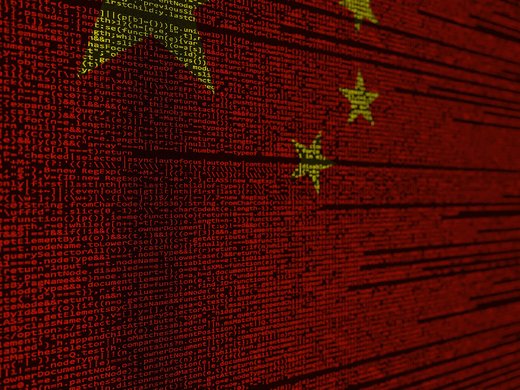Work has been famously described as one of the “cornerstones of our humanness.” The fourth industrial revolution has brought dramatic change to the economies of the world, affecting workers and workplaces globally, presenting both opportunity and risk.
As CIGI President Rohinton P. Medhora has put it, “Technology is at least as powerful a driver of economic change — and vitally, job displacement — as government policy is.”
As we mark the Labour Day weekend 2021, here is a compilation of research and analysis from CIGI’s experts exploring the intersection of policy and technology in our work lives.
Read
- Privacy in the Precision Economy: The Rise of AI-Enabled Workplace Surveillance During the Pandemic
- An Emerging Opportunity for Recovery: “Modern Markets for All”
- The Remote Work Revolution Could Spark Essential Job Creation and Economic Empowerment for First Nations
- Kristel Van der Elst on the Future of Labour
- Canada’s Workforce Needs Hybrid Skill Sets, Not Just Automation
- The “Ghost Workers” Underpinning the World’s Artificial Intelligence Systems
- Why Canada Needs a More Diverse Tech Workforce
- The Definition of Work Is about to Be Permanently Transformed
- Toward a G20 Framework for Artificial Intelligence in the Workplace
- How an Online Labour Index Is Providing Much-needed Information on the Gig Economy
- As Platforms Rely Less on Human Content Moderators, What’s at Stake?
- “This is Hallowed Ground”: Canada and International Labour Law
Watch
- Unlocking Workers’ Potential through Modern Labour Platforms
- The Corporate Citizen & COVID-19: Session 2: Human Rights and the Corporation
- The Global Deal: Together for Decent Work and Inclusive Growth
- The Importance of Women’s Economic Empowerment in World Trade
Listen
- Mutale Nkonde on How Biased Tech Design and Racial Disparity Intersect
- Joseph Stiglitz on a Post-COVID-19 Economy



